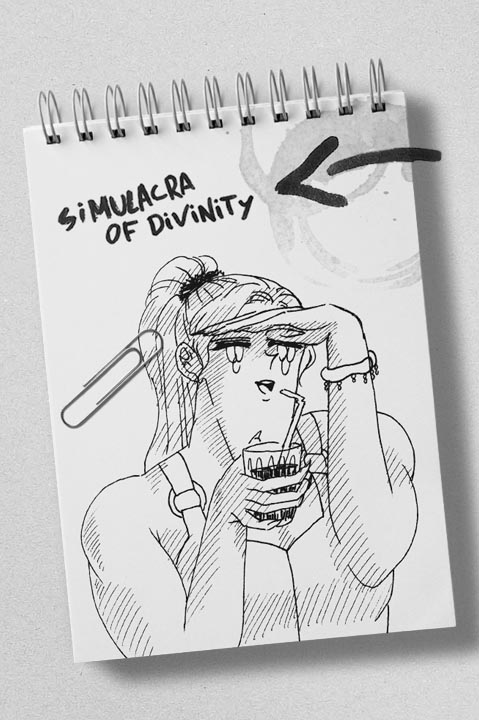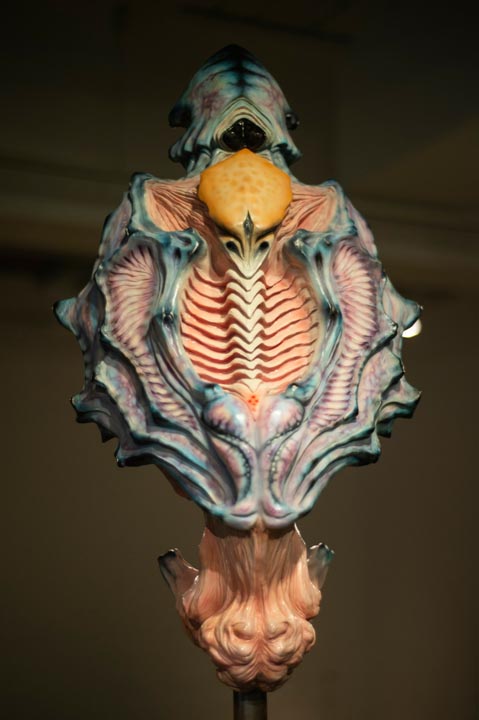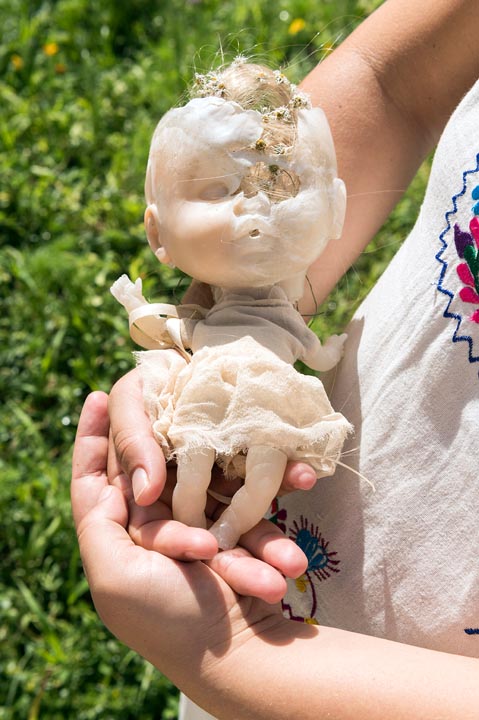OFLUXO

A Very Small Window
@ Kim? Contemporary Art Center, Riga
Bora Akinciturk, Jaakko Pallasvuo, Viktor Timofeev, Evita Vasiļjeva
Curated by Kaspars Groševs
Jun 20 – Aug 04, 2019
On June 20 at 6pm Kim? cordially invites you to the opening of the group show A Very Small Window curated by our new program director Kaspars Groševs.
The exhibition A Very Small Window brings together Finnish artist Jaakko Pallasvuo, Turkish artist Bora Akinciturk and two Latvian artists Evita Vasiļjeva and Viktor Timofeev in a visual and spatial conversation, unfolding ways in which artists can collaborate beyond limitations of language.
When Colin De Land (1955–2003), founder and director of American Fine Arts, Co., was asked “why the gallery did not produce press releases, and he explained that there was a very small window of time in which the visual work of art is experienced before this perception is inevitably shaped by language, and this window should be kept open as long as possible: that we should resist prematurely foreclosing the meaning derived from the visual, resisting as long as possible channeling the viewer’s experience through the strictures of language”. (Jackie McAllister, August 2003).
The exhibition A Very Small Window is the first exhibition by the new Kim? programme director Kaspars Groševs in his capacity as a curator, and it includes Latvian artists Viktor Timofeev and Evita Vasiļjeva, along with the Turkish artist Bora Akinciturk and the Finnish artist Jaakko Pallasvuo. A Very Small Window, is an open organism, and it might as well stand for a silent movie or a sandwich from Renaissance – the exhibited artworks wink at each other, crack, fidget and slide in-between the arches inviting the viewers to leave vowels and consonants behind to open a small or a medium-sized window, a pretty large window, or even a huge window. The windows hiding behind the white walls are vibrating full of warm air, just like dancing butterflies dissolving in concrete dust and finally settling on the garments and hard-working hands reaching out for what is long gone. The vibrating air “imitates the way nature makes a space and puts lots of things in it, heavy and light, little and big, all related, yet each affecting all the others” (Merce Cunningham, 1952).

A voice (off): To the North, nothing.
To the South, nothing.
To the East, nothing.
To the West, nothing.
In the centre, nothing.
The curtain falls. End of Act One
(Georges Perec, 1974)
















































A Very Small Window
Bora Akinciturk, Jaakko Pallasvuo, Viktor Timofeev, Evita Vasiļjeva
Curated by Kaspars Groševs
At Kim? Contemporary Art Center, Riga
June 20th 2019 – August 4th 2019
Photography by Ansis Starks
Kim? Contemporary Art Center
Previous Articles
OFLUXO is proudly powered by WordPress



